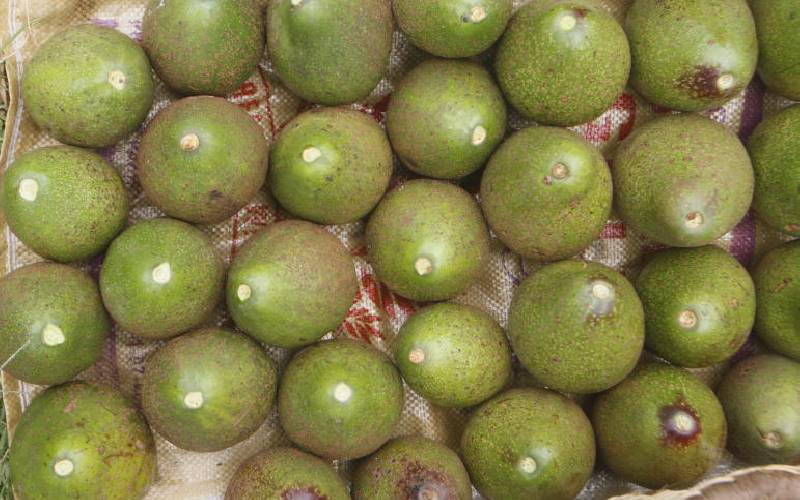×
The Standard e-Paper
Home To Bold Columnists

The deal signed last month allowing Kenya to export avocados to China has generated a heated debate owing to the stringent entry rules imposed by the Chinese government.







